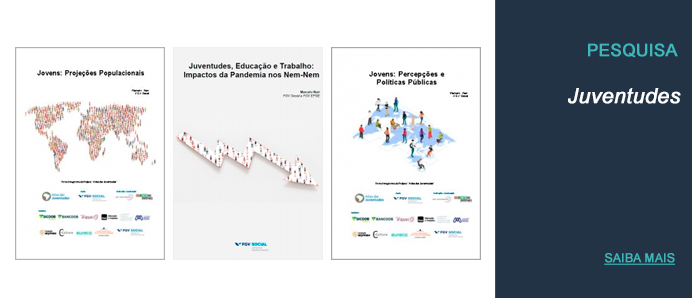Desenho de incentivos
Português, Brasil
Novas regras de benefícios vão afetar jovens e informais
Português, Brasil
Emperrado
Português, Brasil
Workshop on Game Theory - Marcelo Neri* (07:58)
Português, Brasil
Brazil wants to attract foreign workers
Indefinido
The Brazilian Education Quality Index (IDEB): Measurement and Incentives Upgrades
inglês
Linkages between Growth, Poverty and the Labour Market
inglês
Pro-Poor Growth and Social Programmes in Brazil
inglês
The State of the Youth: Prisons, Drugs and Car Crashes
inglês
Perceived Human Development Index
inglês









